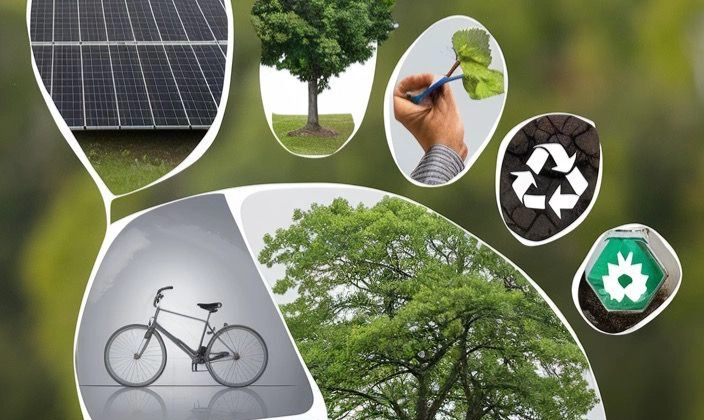Sustainable Consumption
Sustainable consumption refers to the use of resources in a way that meets present needs without compromising the ability of future generations to meet theirs. In today’s consumer-driven society, overproduction, excessive waste, and short product life cycles have led to environmental degradation, resource depletion, and pollution. Shifting to a sustainable lifestyle requires rethinking how we buy, use, and dispose of goods.
A key principle of sustainable consumption is mindful choice. Consumers are encouraged to consider a product’s origin, materials, durability, recyclability, and environmental impact. This includes favoring ethically made items with a low carbon footprint, whether it’s food, clothing, electronics, or cleaning products.

Waste reduction is another cornerstone. Reusing, recycling, and refusing unnecessary items can significantly lower one’s ecological footprint. For example, switching to reusable bags, bottles, and containers helps reduce plastic waste. Choosing high-quality, long-lasting products and avoiding fast fashion also preserve resources and reduce environmental harm.
On a broader scale, sustainable consumption supports the circular economy, where waste from one process becomes input for another. Achieving this requires innovation, business transformation, and government support. Policies such as eco-taxes and sustainability standards guide industries toward greener practices.

Individuals play a vital role in this transition. By evaluating their habits, reducing excess, sharing resources, and supporting local and sustainable products, people can drive meaningful change. When adopted collectively, these small actions contribute to a global movement toward a more sustainable and equitable future.
Close